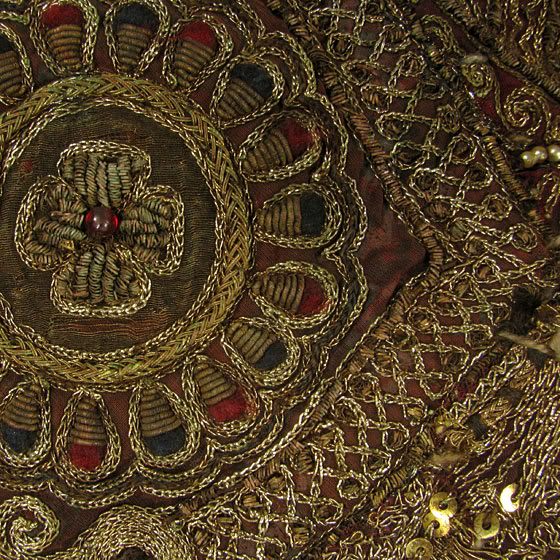===
0760,
9
===

=== |
 |
jalvah : 'Manifestation, publicity, conspicuousness; splendour, lustre, effulgence'. (Platts p.387)
shitāb : 'Haste, &c. (= shitābī , q.v.); adj. & adv. Hasty, quick, speedy; —quickly, expeditiously, soon, directly'. (Platts pp. 721-22)
FWP:
SETS == KYA
MOTIFS == JALVAH; LIFE/DEATH; PERSONIFICATIONS
NAMES
TERMS == CONNECTION; DRAMATICNESSAlthough the idea underlying the verse is something like 'I blinked, and my life was over', how effectively the verse makes us work for it! When under mushairah performance conditions we hear the first line alone, we can't tell what's going on. Was the speaker asleep? Was he hiding his eyes from something, or closing his eyes to something? What was the something of which there was then no trace? To say 'when I lifted my eyelids" instead of 'when I blinked' may seem like a small difference, but it forces us to frame the idea of blinking for ourselves-- which we can't do after hearing the first line alone.
When we finally hear the second line, we can then realize that 'when I lifted my eyelids' refers not to any general awakening from sleep, but to something more like a the emergence from a momentary doze, or even to a blink-- or rather, even to half a blink, since there's no reference to the initial closing of the eyelids. How much faster could a lifetime be imagined to pass? The Persianized noun compound barq-jalvah makes excellent use of the two basic senses of jalvah as both 'manifestation' and 'radiance'.
And finally, there's the enjoyableness of kyā , with its two possible readings: the exclamatory ( 'With what haste, how speedily you went!') and the genuinely (or sarcastically) interrogative ('What was the hurry, why such haste?').
Compare Ghalib's treatment of the same classic theme:
G{152,1}.